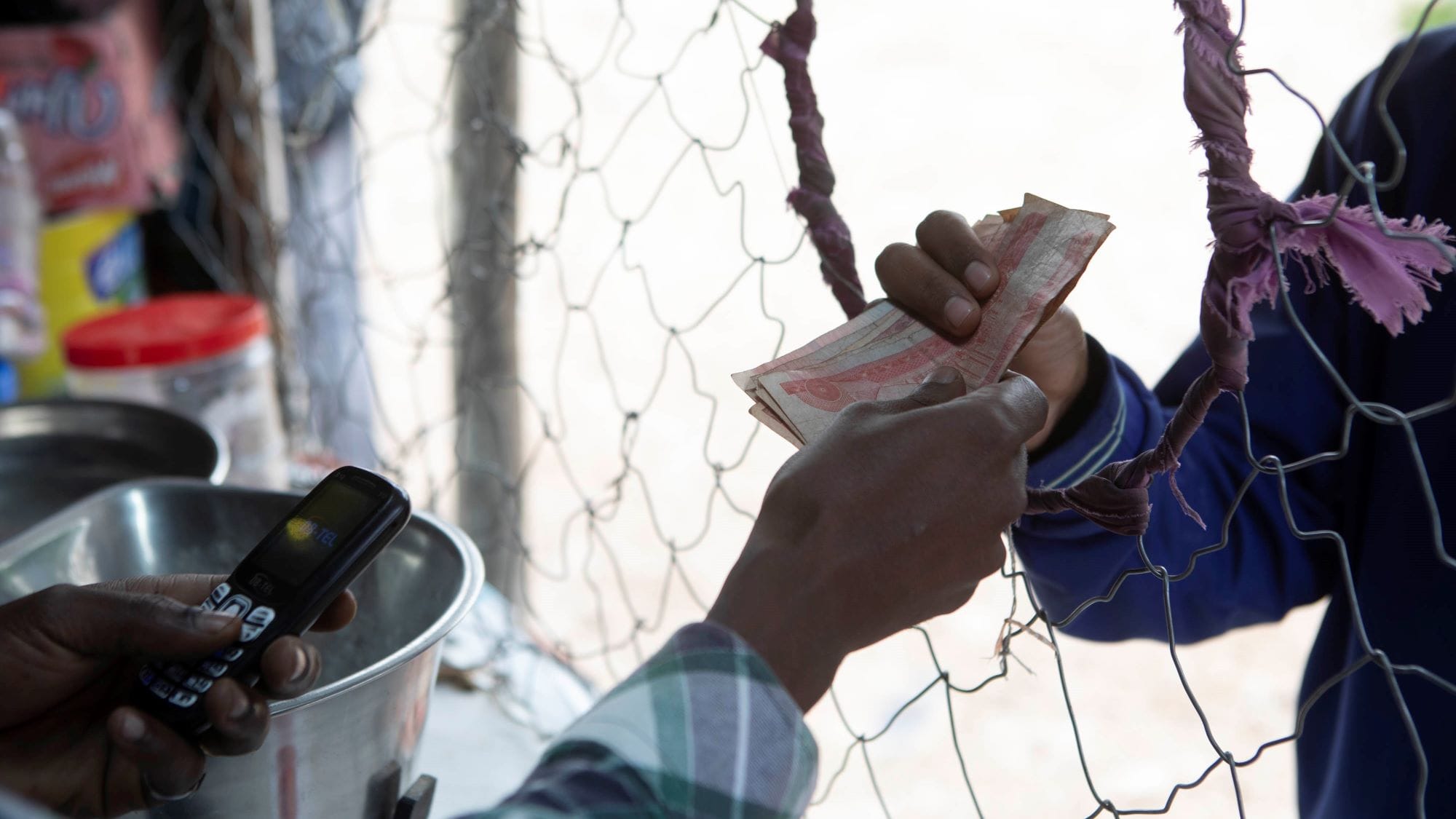Salvadorans have a reputation as entrepreneurial, hard-working, and committed. In fact, El Salvador was ranked first on employee engagement among Latin American countries in Gallup’s State of the Global Workplace report. At the same time, too many young Salvadorans do not get an opportunity to work hard in their first job and demonstrate their talent because employers hesitate to hire employees with no previous work experience.

The USAID Bridges to Employment Project is increasing employment for 6,000 vulnerable youth in El Salvador’s 15 highest-crime municipalities, placing them in jobs in high-growth sectors such as information technology, hospitality and tourism, manufacturing, energy, and agroindustry. Pictured above, youth in plastics technician training course. Photo: USAID Bridges.
While that “Catch-22” of not being able to get work without first demonstrating work experience is common to youth across the globe, El Salvador’s gang-related violence—killing on average 14 Salvadorans per day, 1.5 of them under the age of 19—makes it even harder for youth to find that first job. Employers are reluctant to hire young people living in high-crime areas for fear they might be associated with local gangs. In addition to bearing this stigma, youth are unable to easily move in and out of high-crime municipalities or travel to where jobs are located. Lacking their chance in the labor market, vulnerable youth are more prone to leave the country in search of economic opportunities or to remain among the more than 300,000 Salvadoran youth who are not in employment, education, or training (NEET).
In high-crime contexts, traditional workforce development approaches, such as skills training, are necessary but not sufficient to help vulnerable youth get jobs. That’s why the U.S. Agency for International Development (USAID) Bridges to Employment project—implemented by DAI—is strengthening Salvadoran workforce development institutions’ ability to provide demand-driven training but at the same time working with employers to shift perceptions of vulnerable youth, adopt more inclusive hiring practices, and develop innovative transportation and technology solutions that overcome distance and safety barriers.
Three practical approaches to promoting inclusive youth employment in high-crime areas stand out:
1. Shifting Employer Perceptions While Getting Youth Work-Ready
It is not easy being a teenager or young adult searching for jobs when adults tend to stereotype millennials as unreliable or entitled. El Salvador is no exception.
2. Getting Creative with Transportation
An estimated 80 percent of El Salvador’s formal jobs are concentrated in greater San Salvador, yet close to two-thirds of the Salvadoran population lives outside of the capital’s metropolitan area.
3. Outsourcing Remote Programming Jobs to Youth Outside San Salvador
While being young is often a disadvantage in some industries, it’s an advantage in the tech sector where youth are digitally savvy and have an aptitude for learning new technologies.
A More Inclusive Future for Young People
Salvadoran youth seeking to make their way in the world generally face an uphill climb, but young people in El Salvador’s highest-crime municipalities too often face almost impossible choices complicated by the stresses of gang coercion, the inadequacies of informal employment, and the perils of migration. However, with USAID’s support in strengthening the Salvadoran workforce development system and reforming hiring practices, vulnerable youth are now seeing greater inclusion in their economy and communities.

To date, more than 1,600 young Salvadorans have joined the labor market with the assistance of the USAID Bridges to Employment project. They are working as sales and customer service associates, commercial cashiers, web and mobile programmers, electricians, industrial machine operators, and plastic control and recycling technicians. Of these 1,600, 82 percent are employed in the formal sector; by comparison, only 26 percent of youth in greater San Salvador are employed formally, according to Fundación Salvadoreña para el Desarrollo Económico y Social (FUSADES).
In the next 18 months, USAID Bridges to Employment will help an additional 4,400 young people obtain employment and continue to show that Salvadoran youth—afforded adequate training and support—can be a force to reckon with in the workforce of the future.





